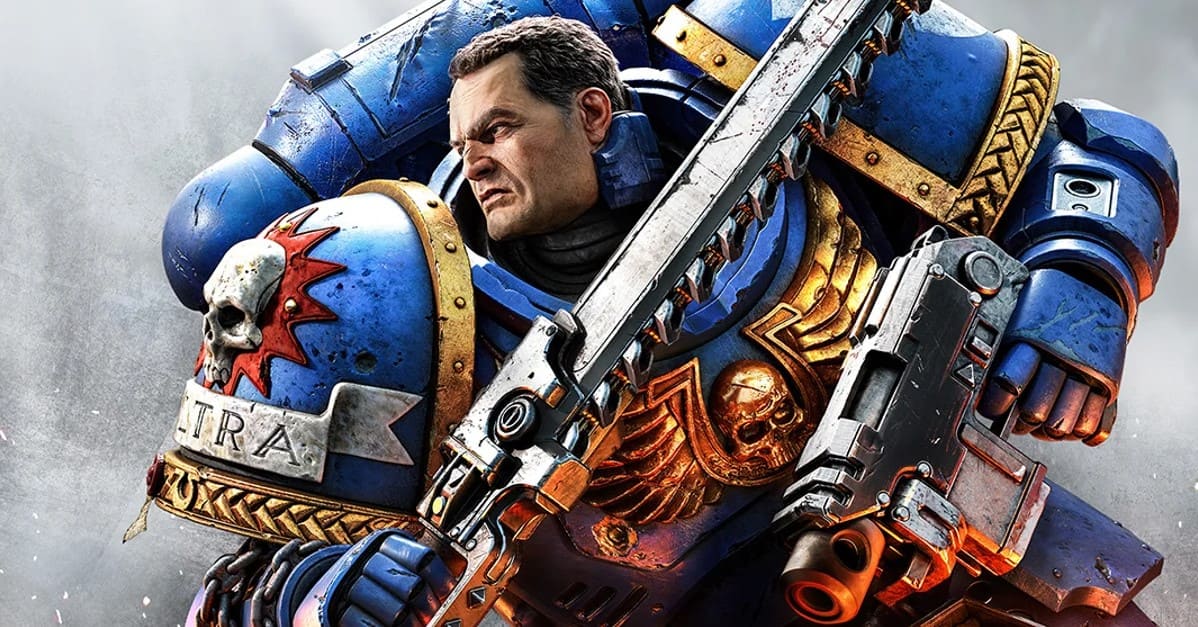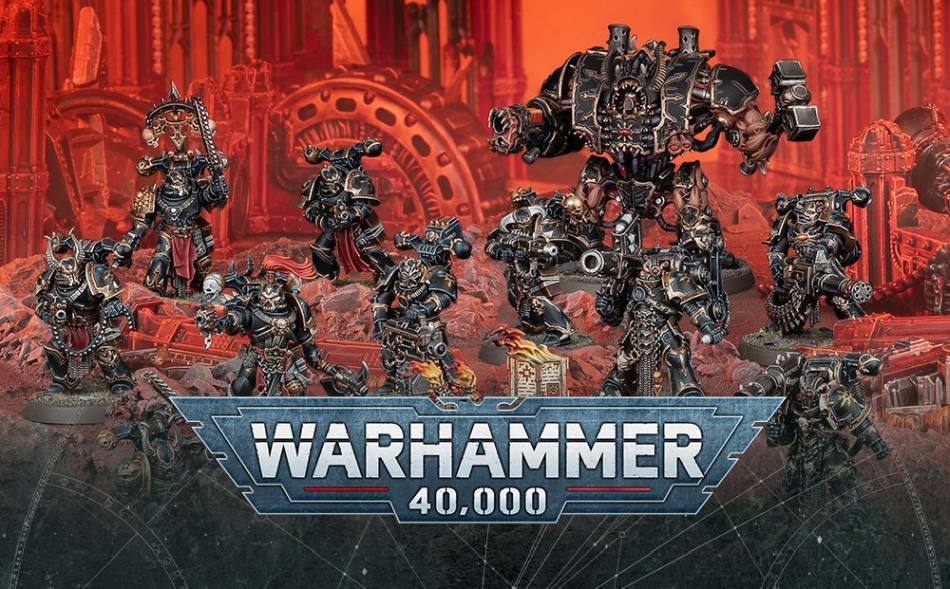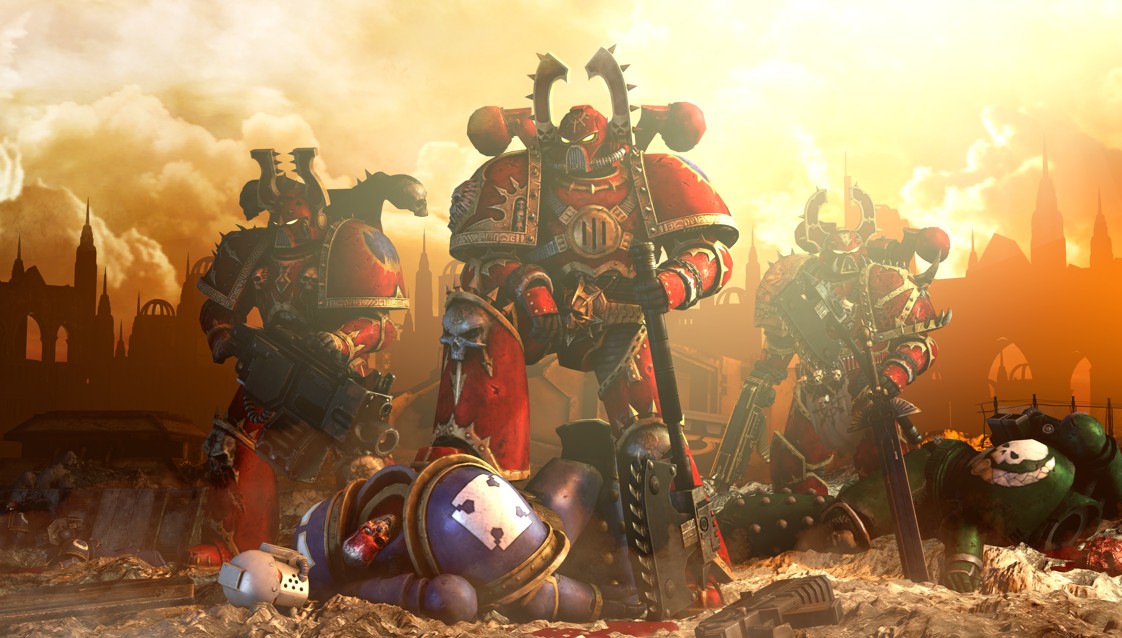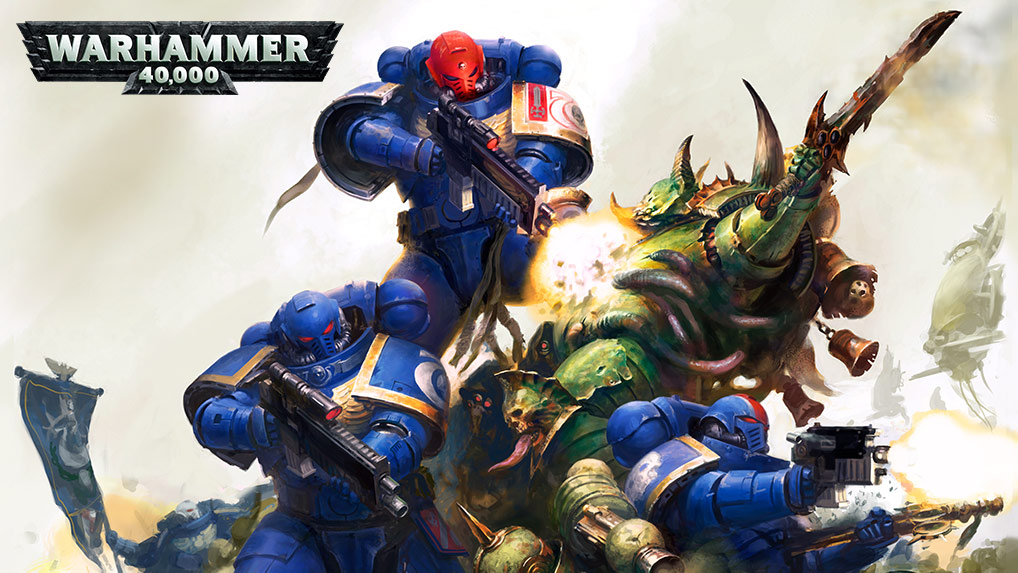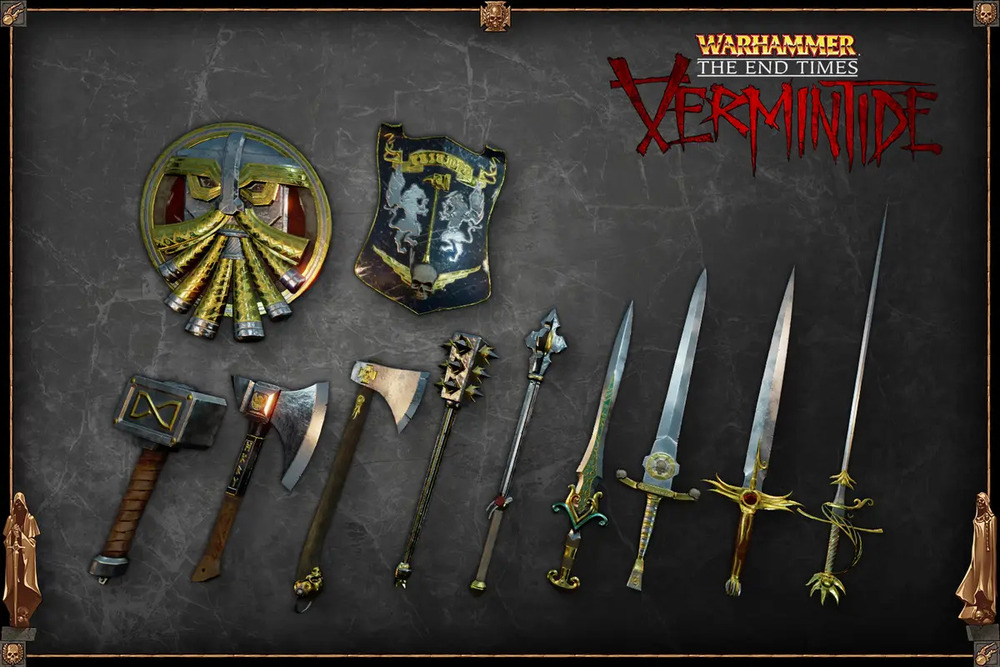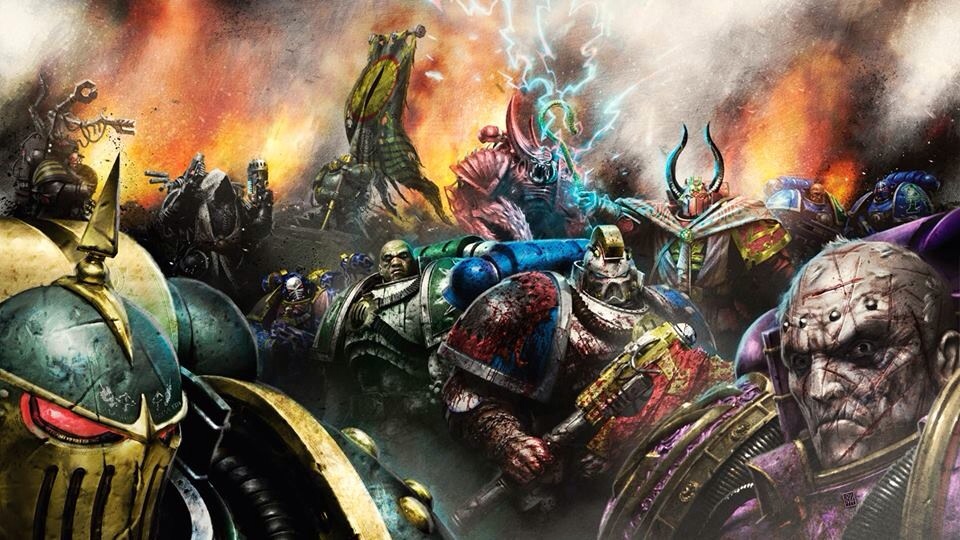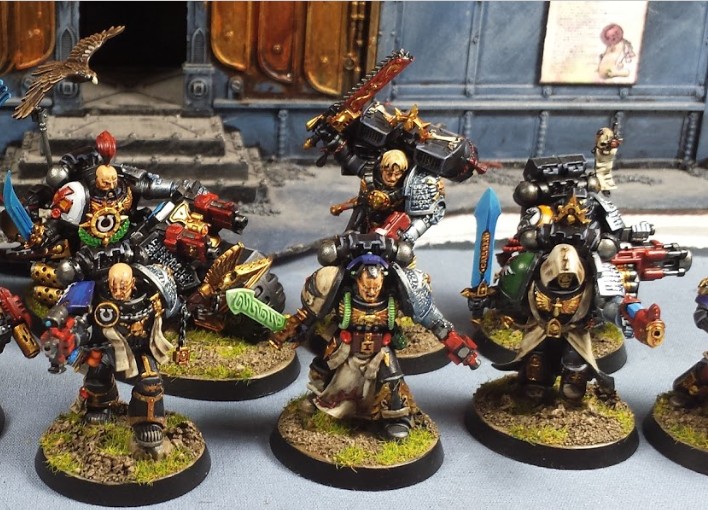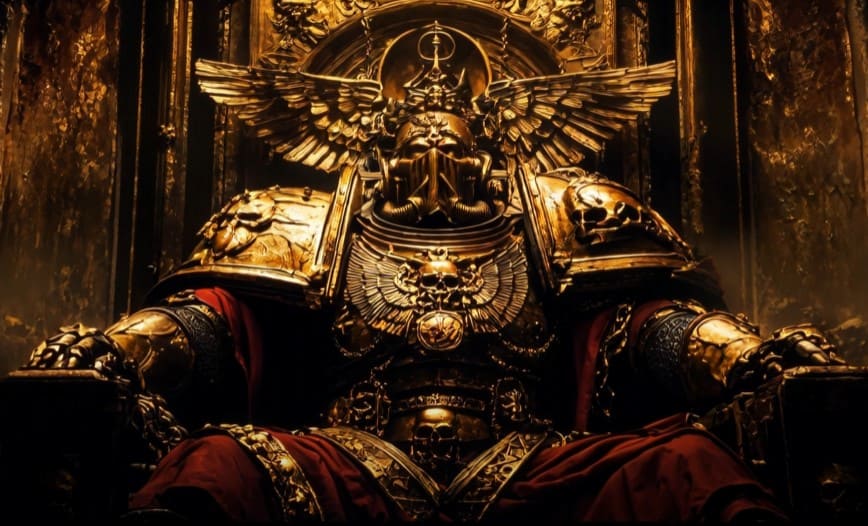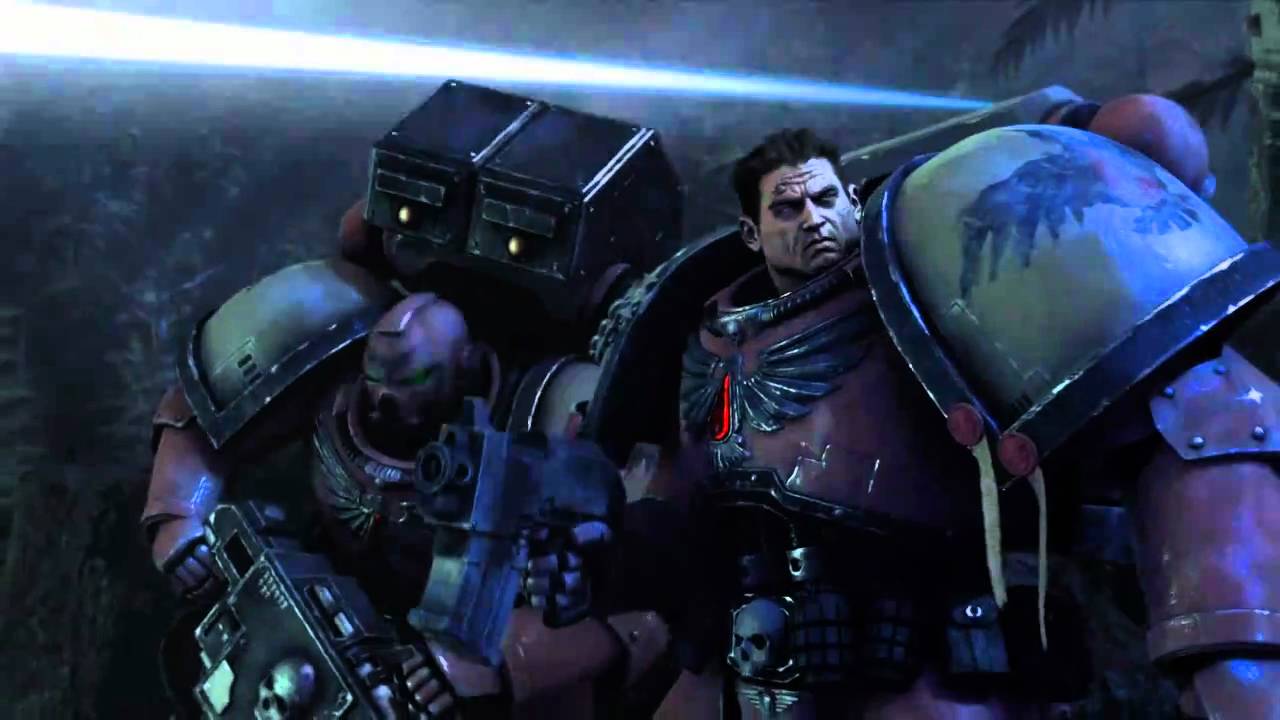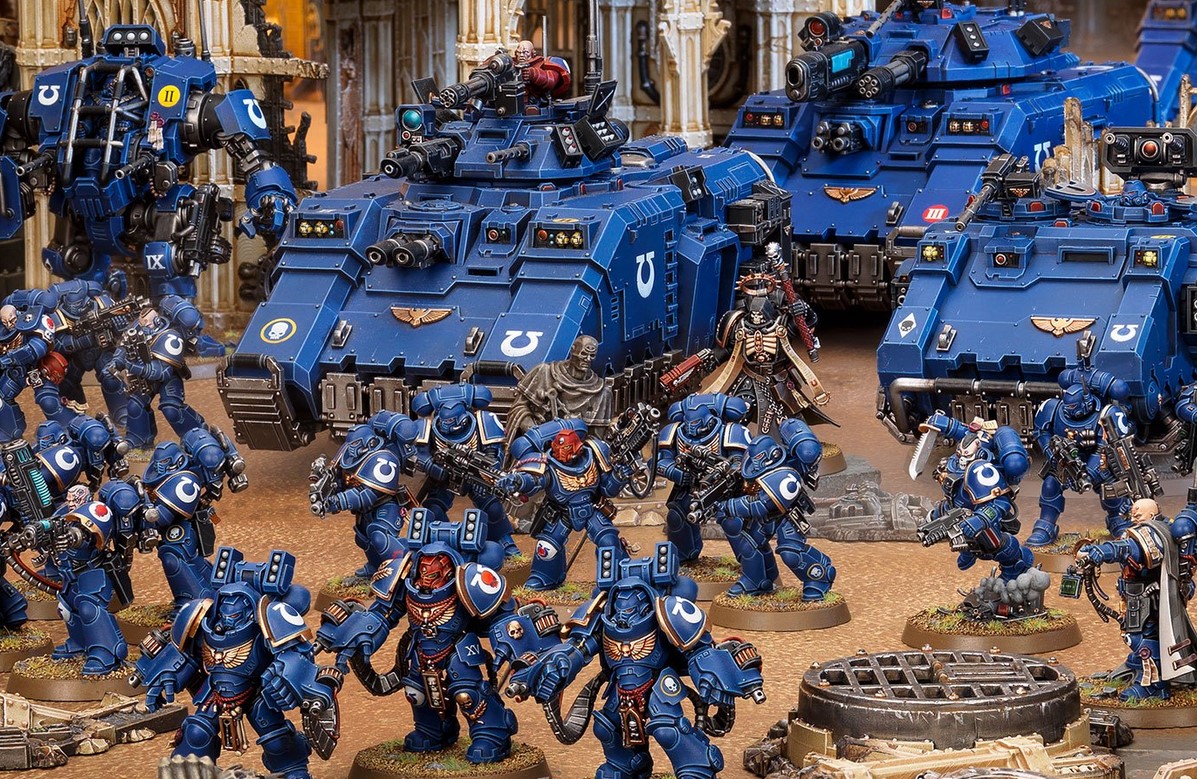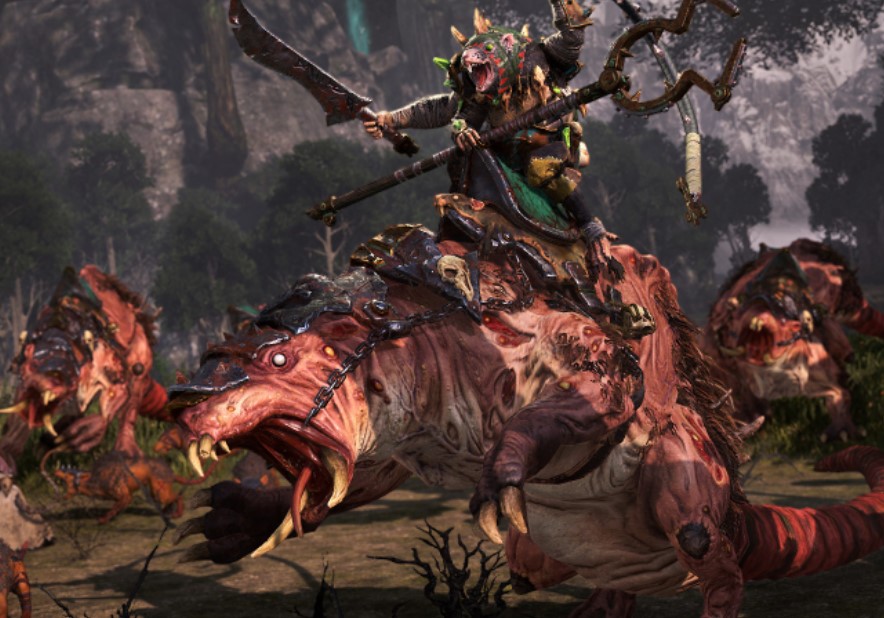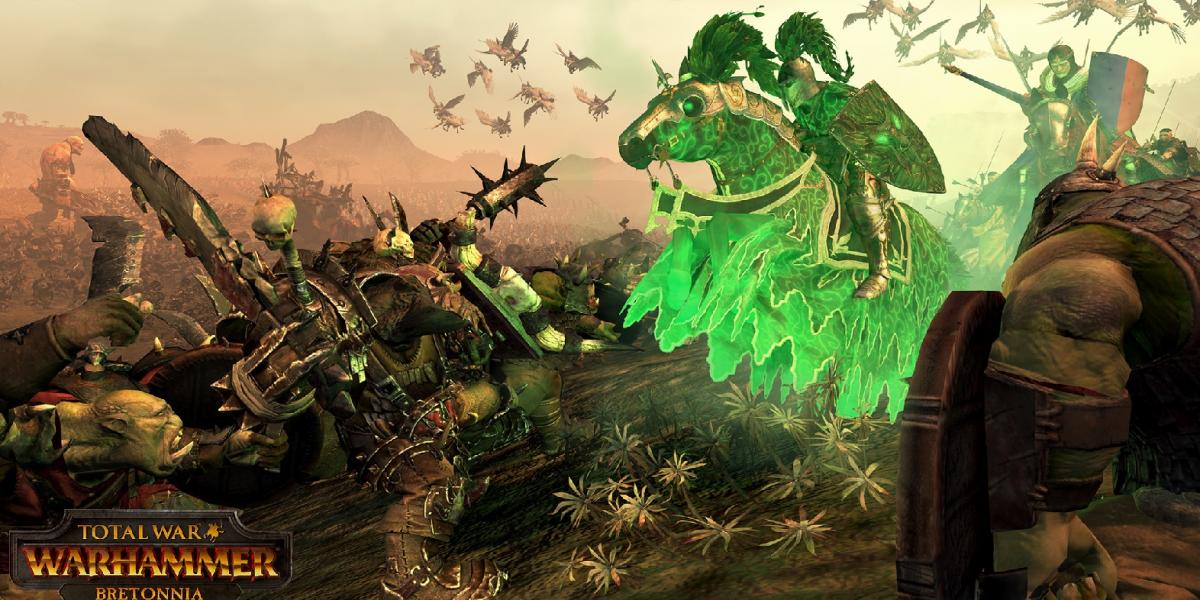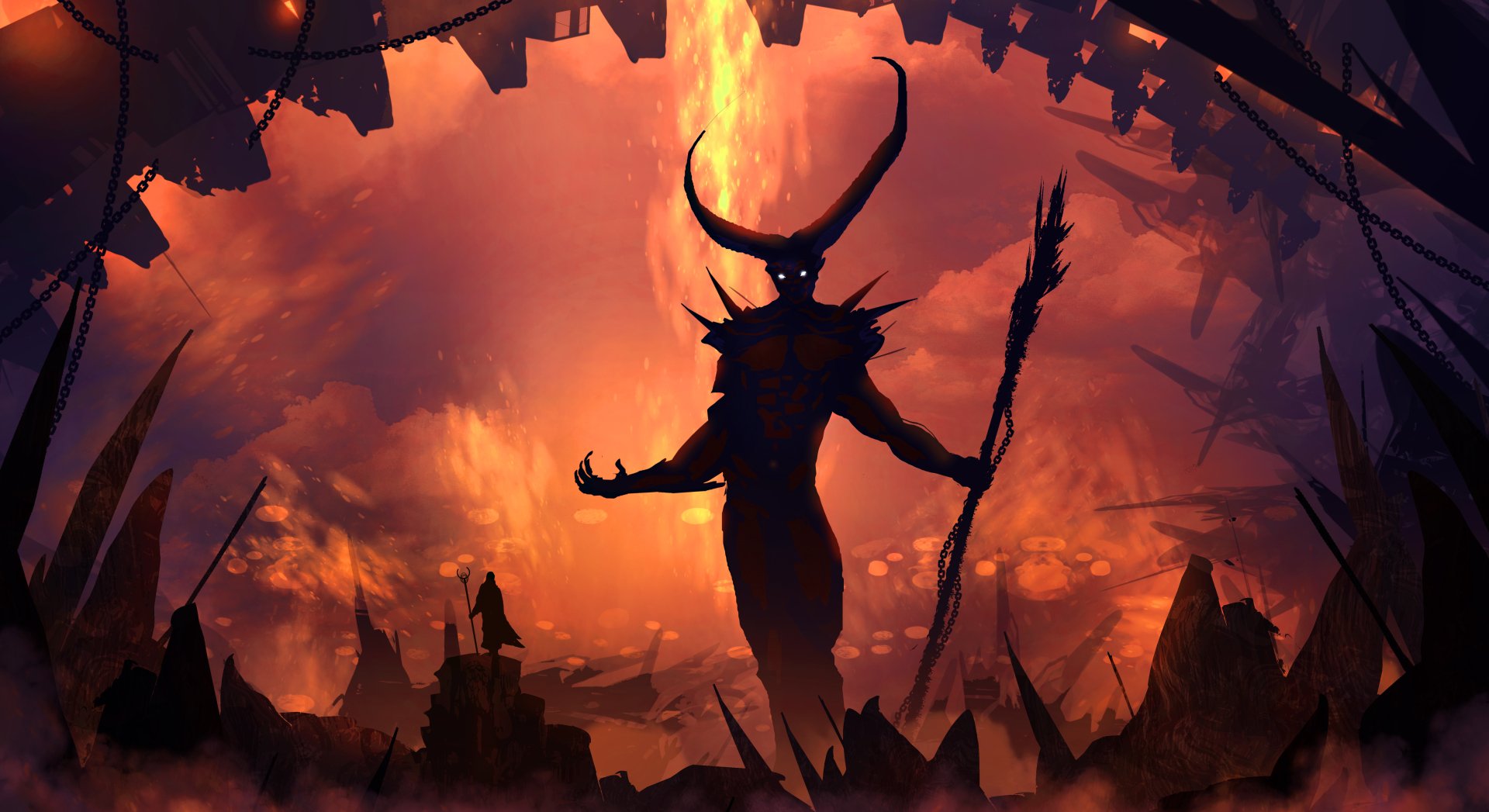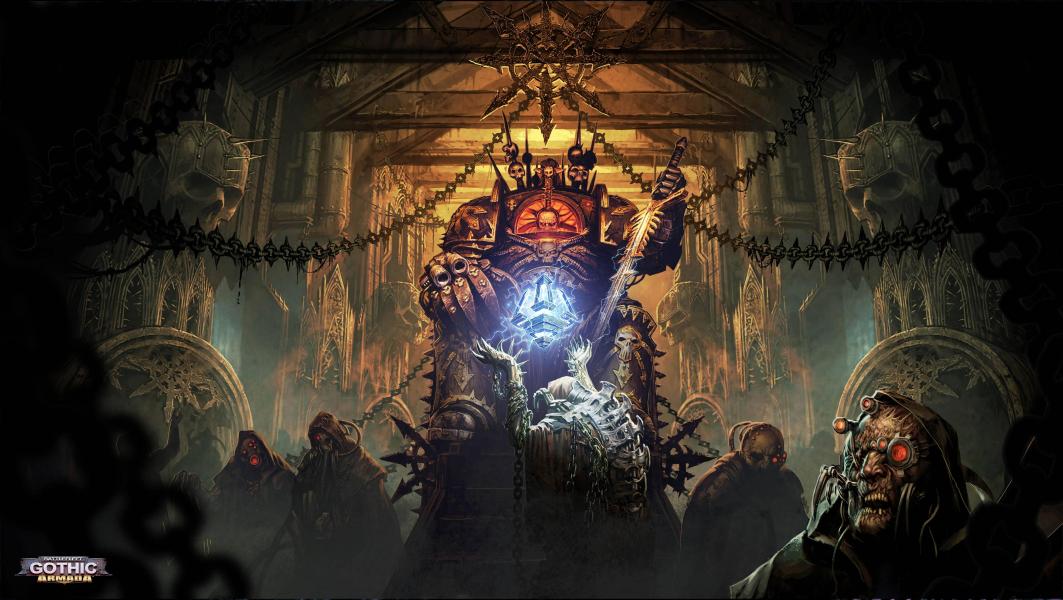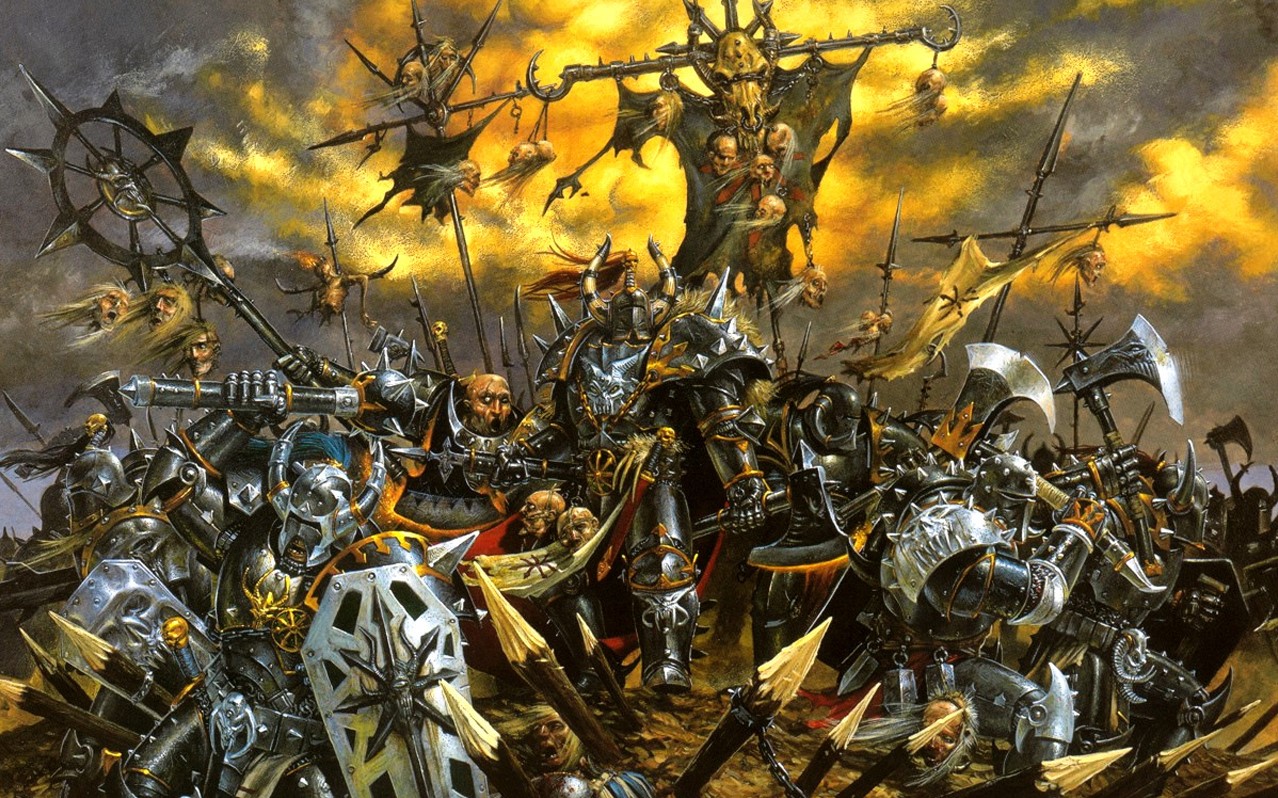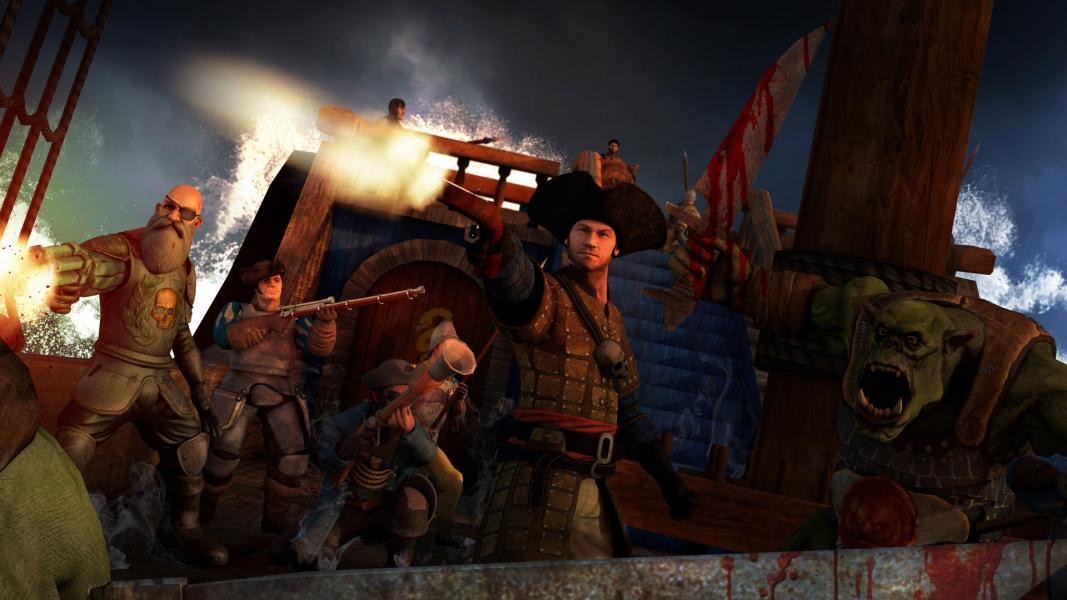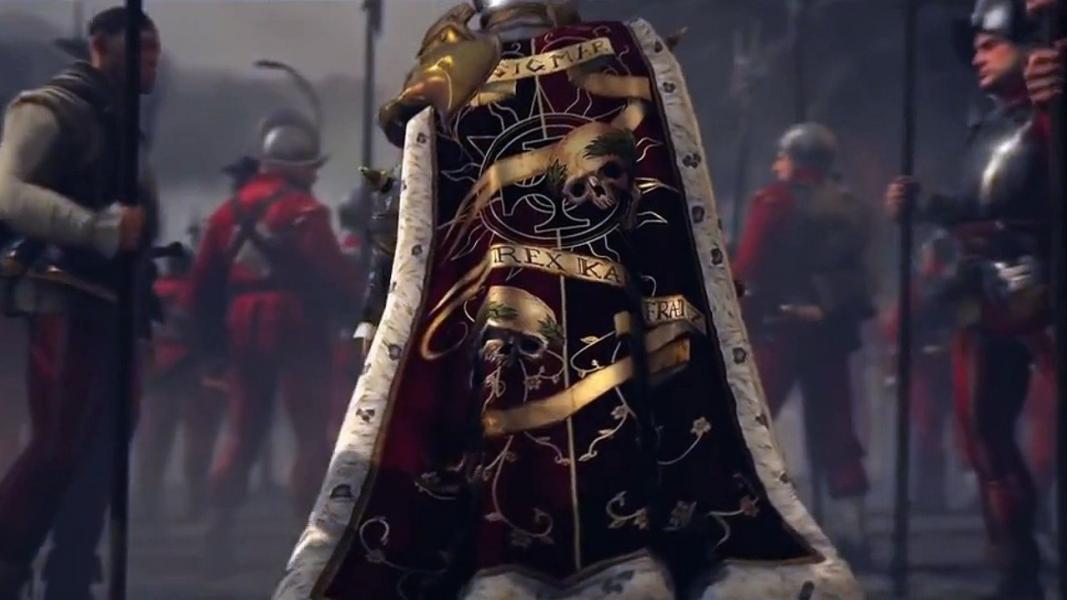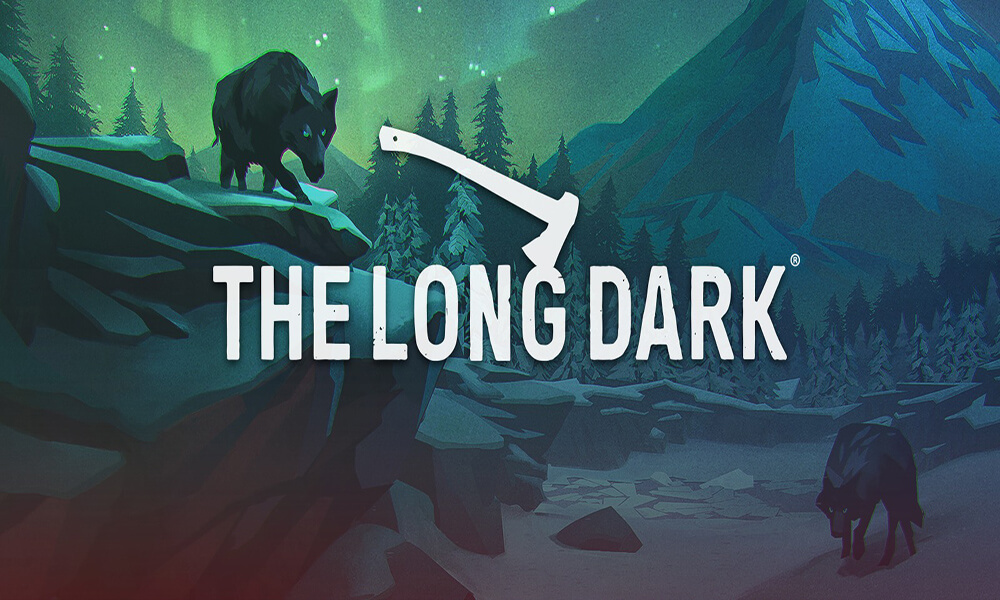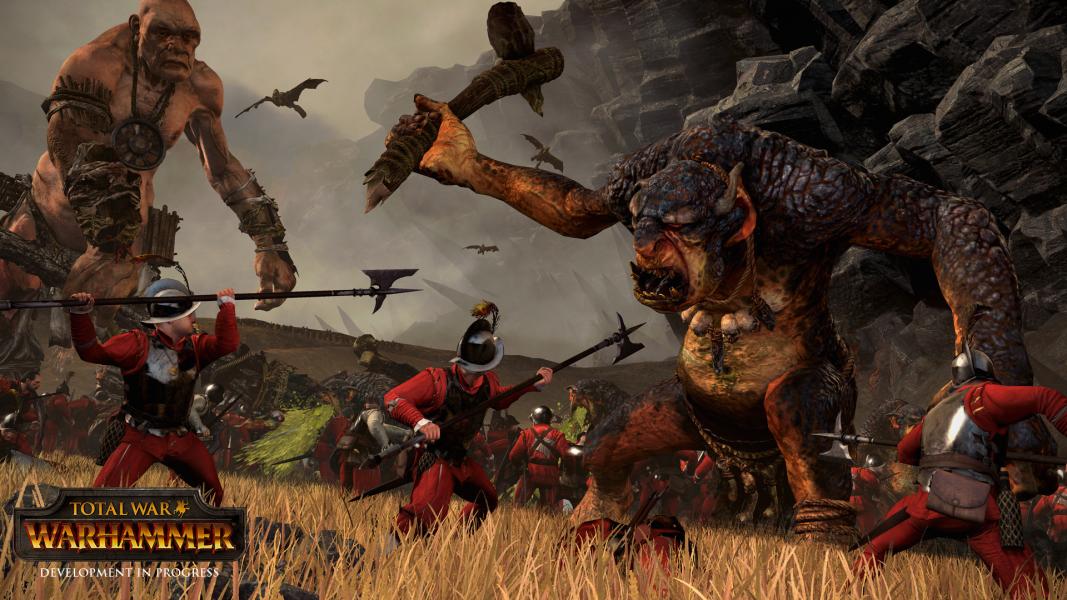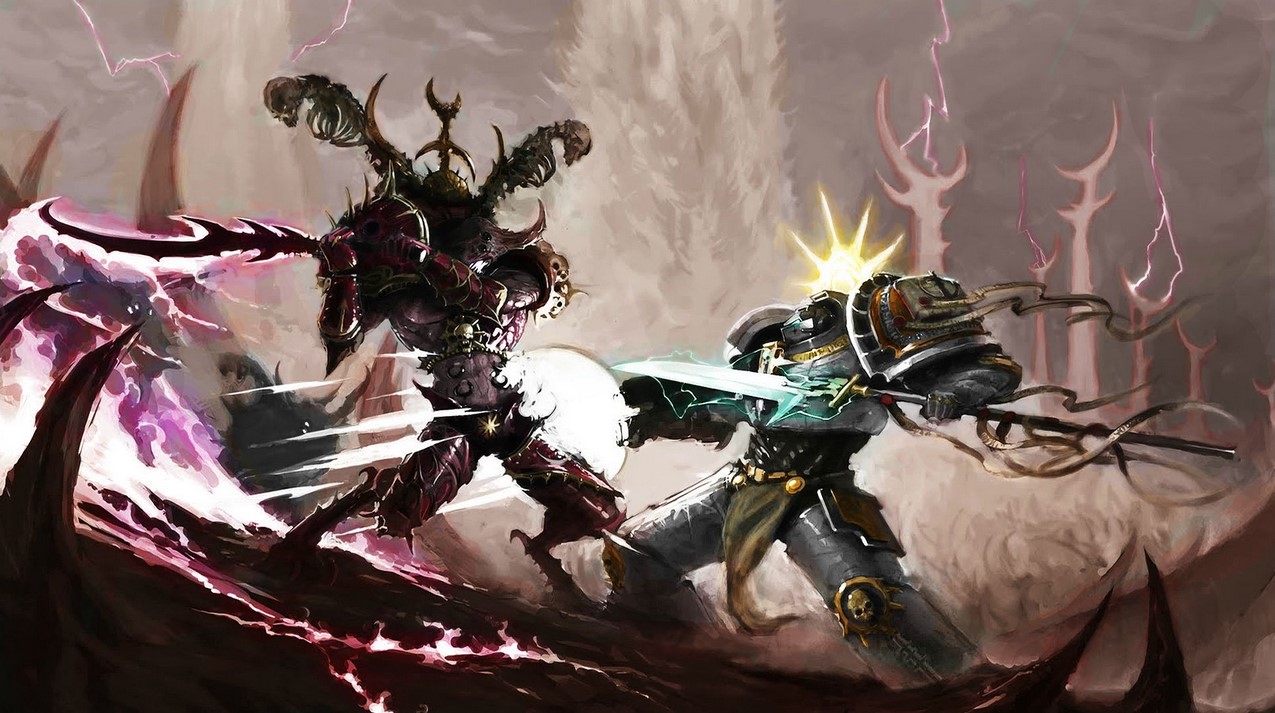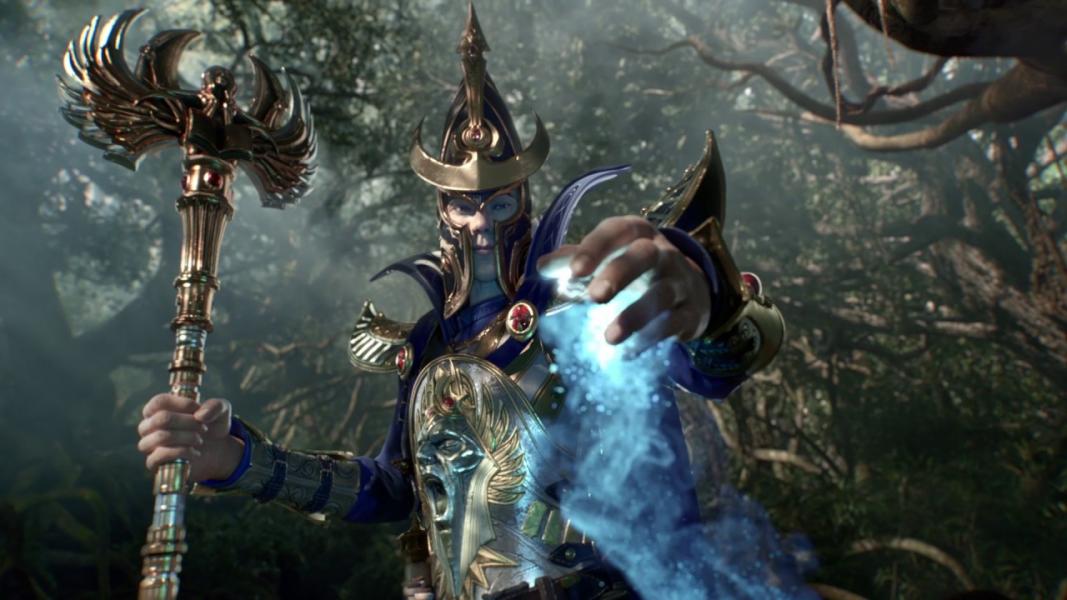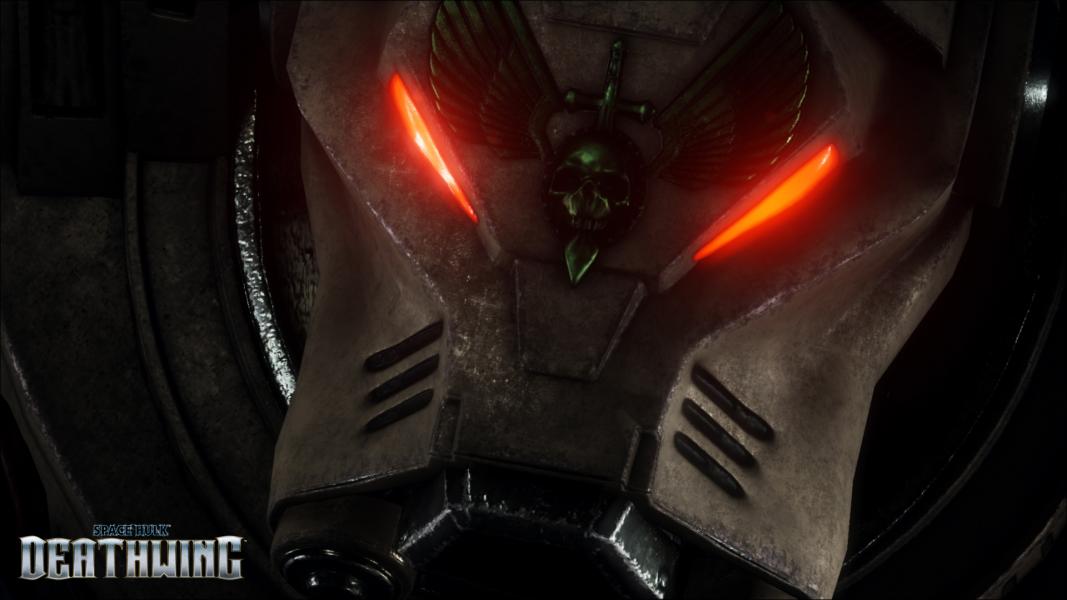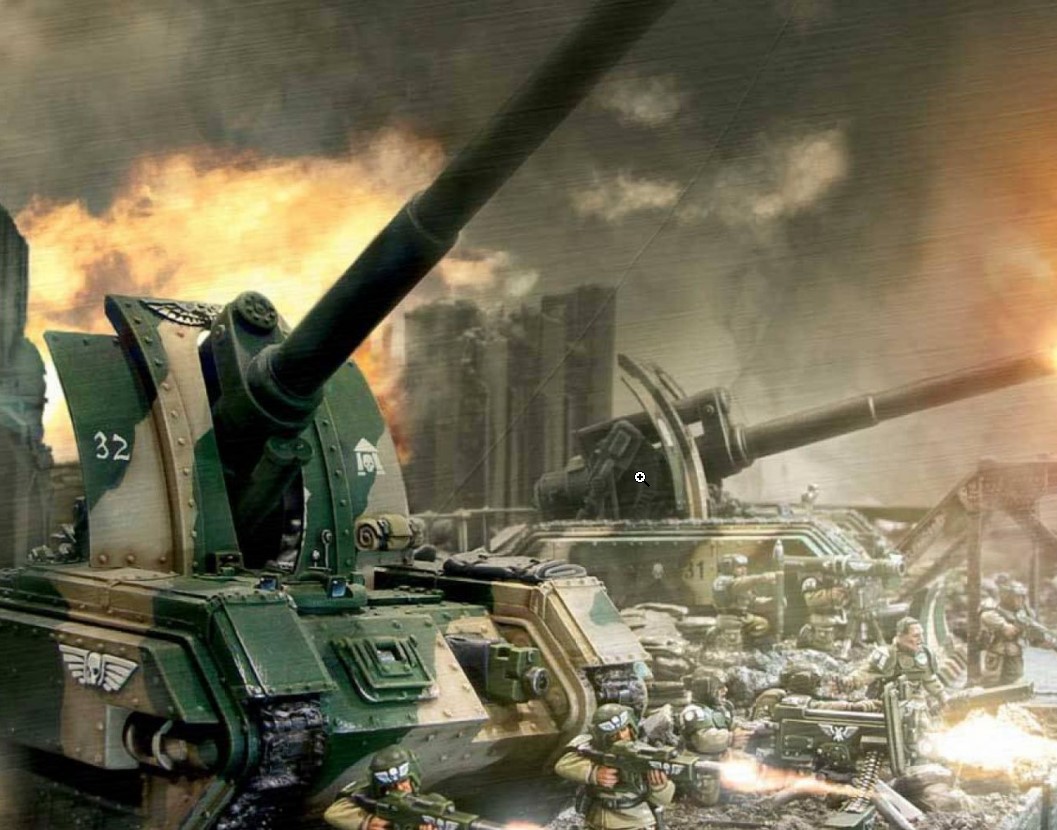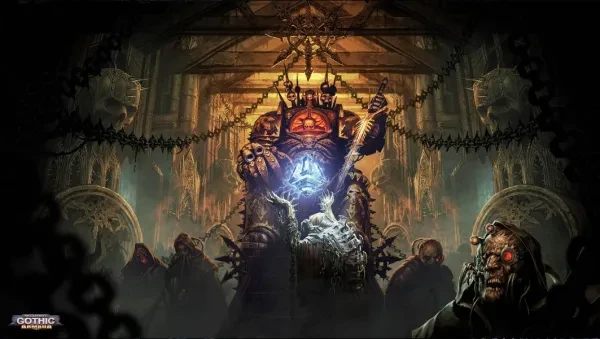
Warhammer Related Content Continues to be Released Through Steam
Warhammer, whether it’s the futuristic 40k universe or its fantasy equivalent, has become ubiquitous throughout popular culture. The core tabletop game continues to draw in new players and release new content, the tie-in novels take up entire shelves in bookstores across the world, and practically every website is littered with Warhammer related threads and memes. With that in mind, it’s little surprise that Games Workshop, the company that owns all Warhammer licenses, would want to use their property to create video games.
It seems that for the past few years the number of Warhammer games being released has risen dramatically. At one point the only major release mainstream PC gamers heard about was the Dawn of War franchise, but 2016 saw the release of Total War: Warhammer, Warhammer 40,000: Eternal Crusade, Space Hulk: Deathwing, Battlefleet Gothic: Armada, Eisenhorn: Xenos, and several others. More games are on their way, but what does this say about the future of the Warhammer universe?
Careless Use of a Franchise’s Property?

A scene from Battlefleet Gothic Armada, a PC release based around a tabletop game that focuses on the space battles of the Warhammer 40k Universe. The game has been well received on Steam, and already sports a number of DLCs.
Prior to this boom in game production, Games Workshop was known as being incredibly protective of their IP, so much so that several large scale fan projects were forcibly cancelled. Now Games Workshop seems very open towards selling away the rights to its many characters, settings, and factions, almost to the point of recklessness. The change was definitely motivated to help market its tabletop game, but the sudden change in attitude is very strange.
Will this Damage the Warhammer Franchise’s Reputation?

The playable factions of Eternal Crusade, a Free to Play MMO Third Person Shooter. From left to right; the Orks, the Chaos Space Marines, the Eldar, and the Imperial Space Marines. Each faction has a large number of sub-groups and minor factions within the lore, and the individual IPs for those groups continues to be separated amongst a wide range of games.
While the reviews of the majority of Warhammer related games have ranged from mixed to positive, the desire to sell pieces of the Warhammer 40k IP may result in inexperienced or unprepared developers creating poorly designed games. The honest fact is that these games are part of a wider marketing plan designed to spread awareness of Games Workshop’s entire line of products, primarily the tabletop game. Bad games could end up turning off possible customers, which could damage the franchise as a whole.
Total War Warhammer: An Argument for or Against a United IP
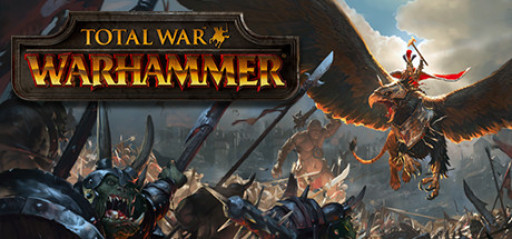
Total War: Warhammer has proven itself to be one of the best Warhammer related titles ever to be released, with accurate depictions of the source material and a wide range of factions that reflect the universe’s diversity.
Many fans have pointed to Total War: Warhammer as the perfect example of how a game that utilizes the full IP of a fictional universe stands head and shoulders above those that merely use bits and pieces of it. The game is shaping up to be one of the largest total war games ever, with two planned expansions that will come together to create a single campaign map.
Of course, fans don’t get that kind of expansive experience for nothing. Many have criticized the DLC plans for the game as a calculated attempt to milk the fanbase for all its worth, particularly when it came to making the Chaos Warriors a DLC race, despite being included to play against in the base game. Some have gone as far as saying that the base game is incomplete unless you pay for the DLCs.
Source Links:
Total War Warhammer Steam Page
You may also like...
The 7 Most Fearsome Monstrous Creatures in Total War Warhammer
Dawn of War III Holds Over 40% Negative Reviews and Climbing: Will the Franchise Survive?
Creative Assembly Confirms No Naval Battles in Total War Warhammer Expansion

